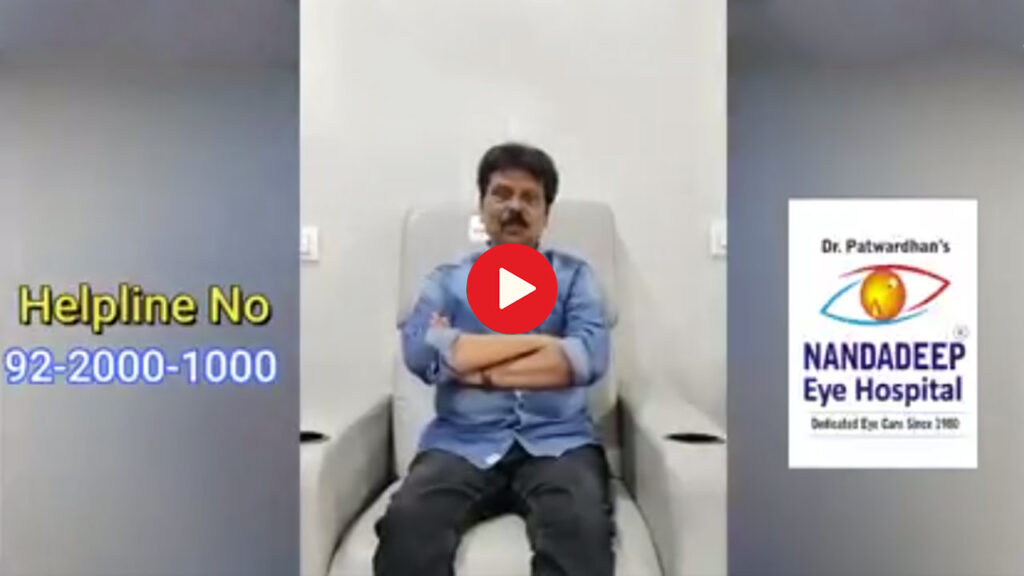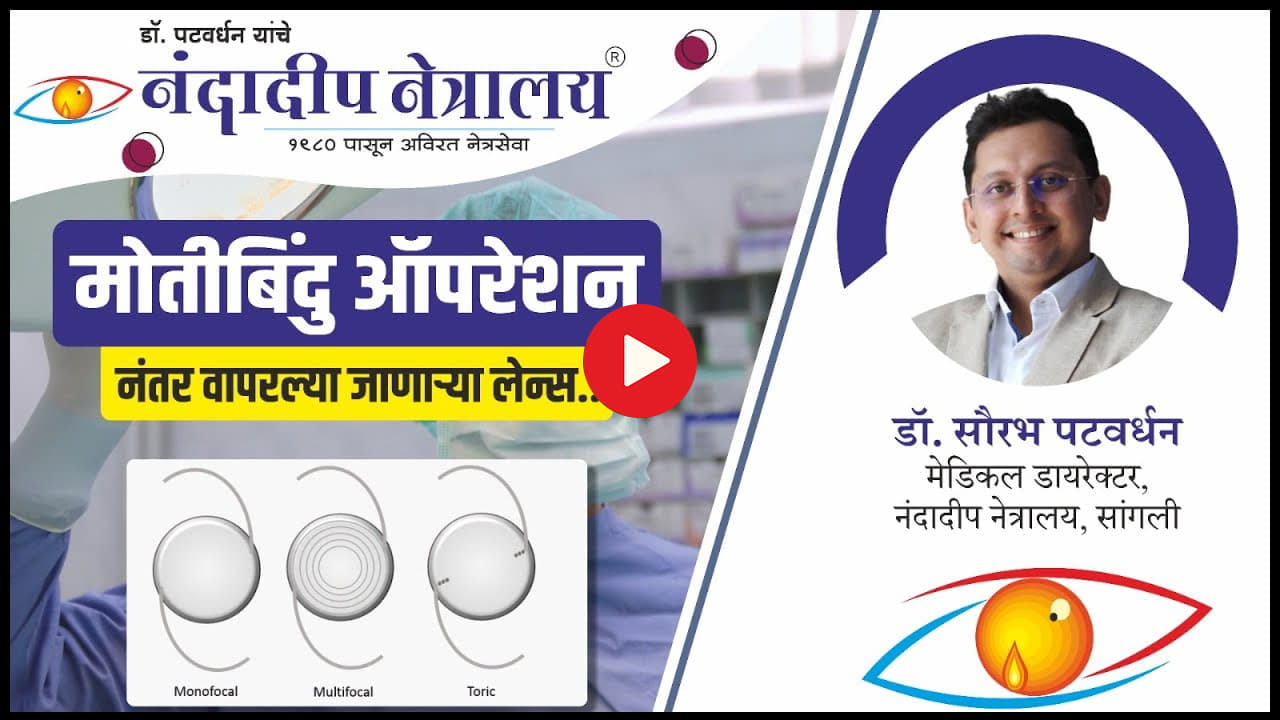Eye Hospital - Cataract Operation in Mumbai
Cataract Eye (Motibindu) Surgery in Mumbai
Cataract - Overview, Cost, Recovery & After Care
Cost considerations are significant, and cataract surgery costs are transparently broken down. Factors influencing pricing, potential financial assistance, and guidance on insurance coverage are discussed to make quality eye care accessible.
The postoperative phase is crucial and provides insights into the recovery period. It emphasizes immediate post-op care, expected recovery timelines, and practical tips for a smooth recuperation. It also highlights the importance of following post-operative instructions for optimal healing.
Our commitment to well-being extends beyond the surgical procedure, and we discuss ongoing support after a cataract operation, including post-surgery follow-up appointments, continuous monitoring, and addressing concerns during the recovery phase.
In Mumbai, India, cataract surgery price ranges from ₹ 5,000 to ₹ 1,25,000 at Nandadeep Eye Hospital. Get vision-enhancing treatments, including removing a cloudy lens.
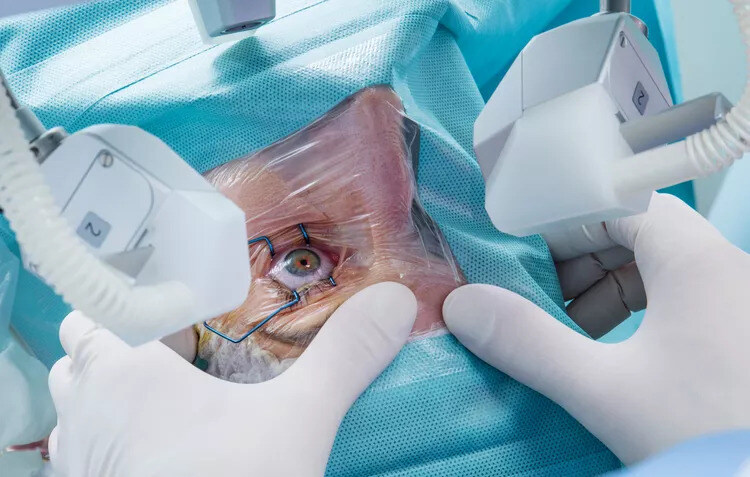
Anesthesia
Anesthesia eye surgery is a medical procedure where an anesthesia drug is administered to the patient’s eye, usually through intravenous or oral medication. Local anesthesia is administered to numb the eye, ensuring patient comfort throughout the procedure.
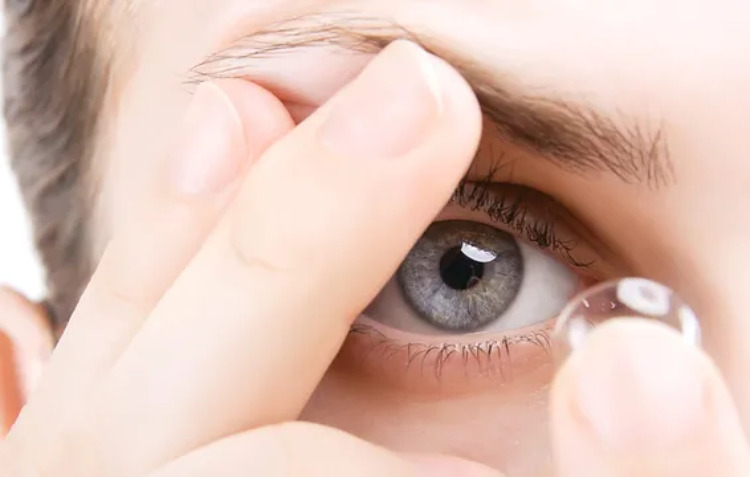
Lens Removal
The surgeon makes a small incision in the eye and uses advanced techniques, such as phacoemulsification or laser-assisted surgery, to break up and remove the cloudy lens.
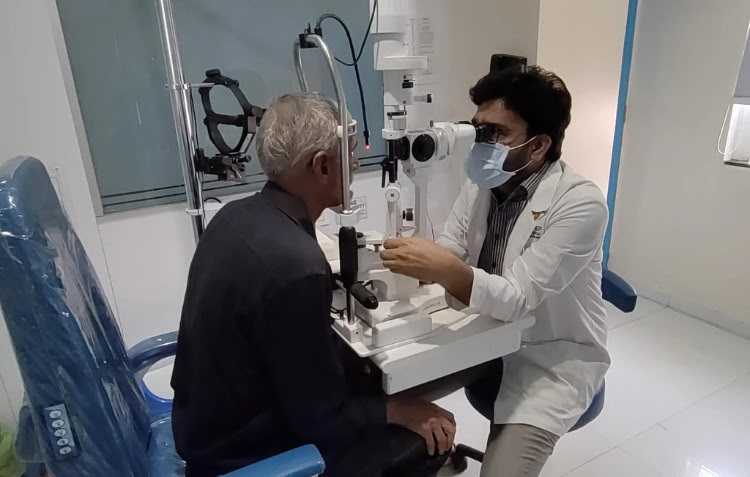
Cataract ( Motibindu ) diagnosis
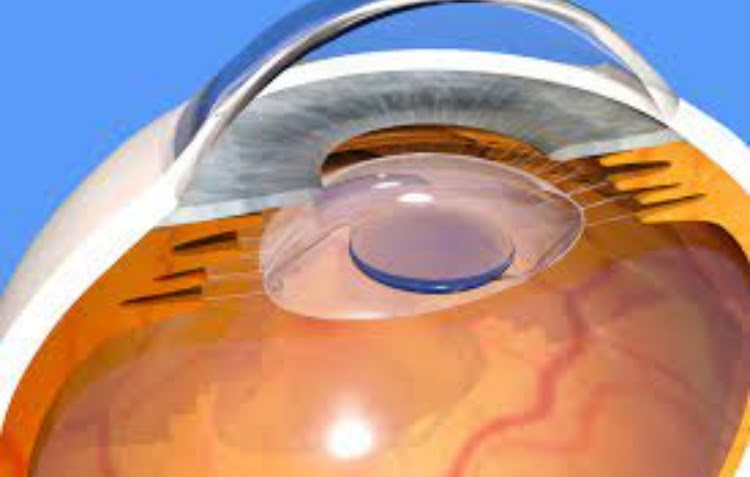
Artificial Lens Implantation
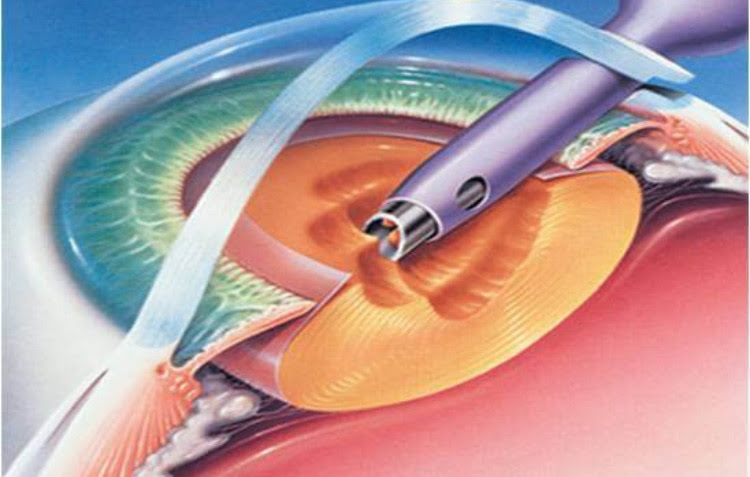
Stitchless Closure
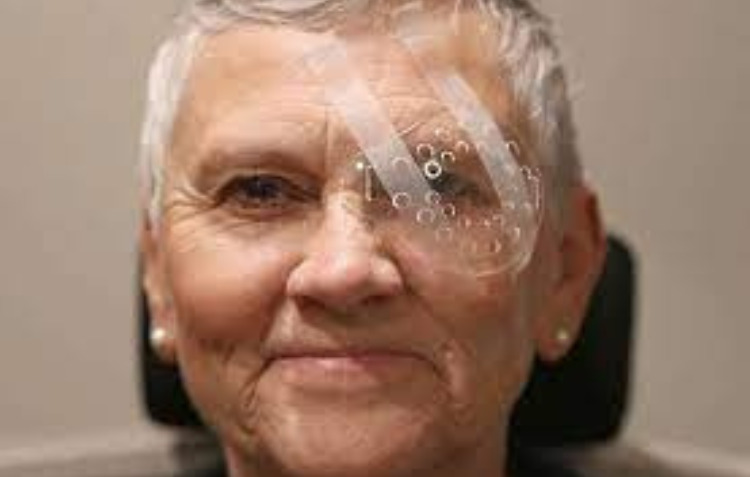
Recovery
Explore more about Cataract eye surgery
Expert Cataract Eye Specialists in Mumbai

Dr. Sourabh D. Patwardhan
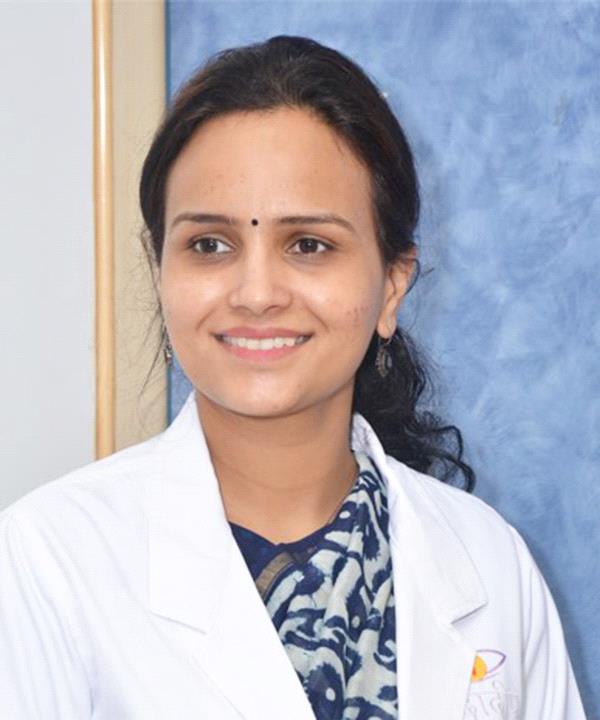
Dr. Nidhi S. Patwardhan

Dr. Prasanna Aradhye
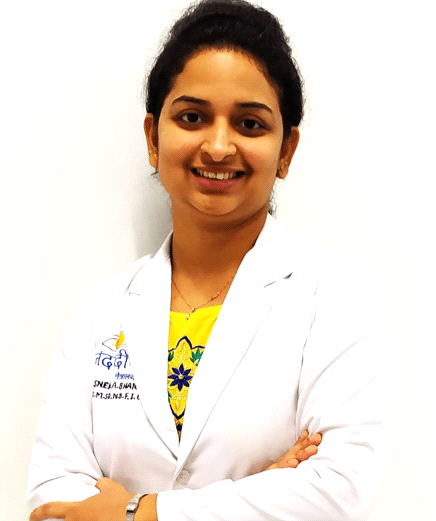
Dr. Sneha Shinde
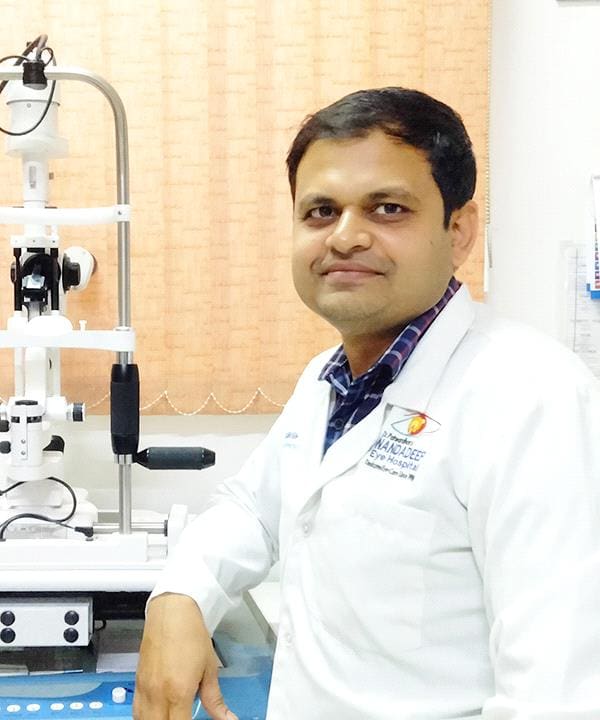
Dr.Umesh. B. Amrale

Dr. Seema
Mane

Dr. Vinit
Shah

Dr. Bhavin Mahendra Shah
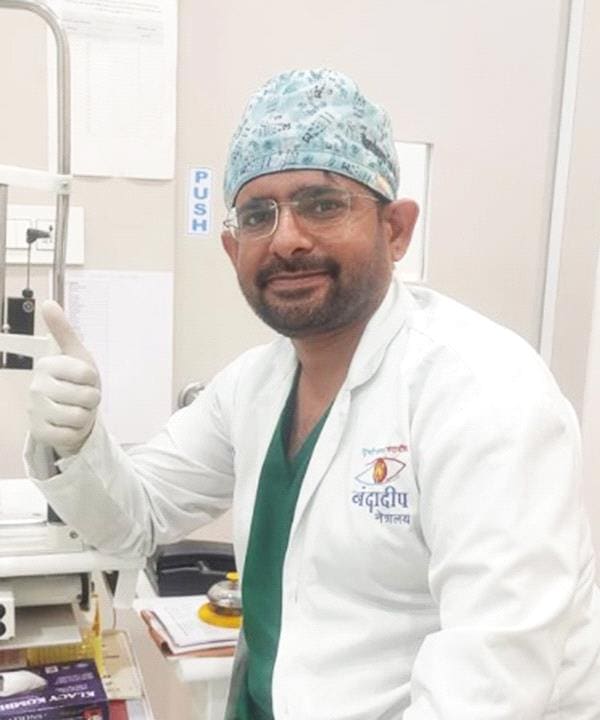
Dr. Bhushan Wadekar

Dr. Jyotsna M. Patil
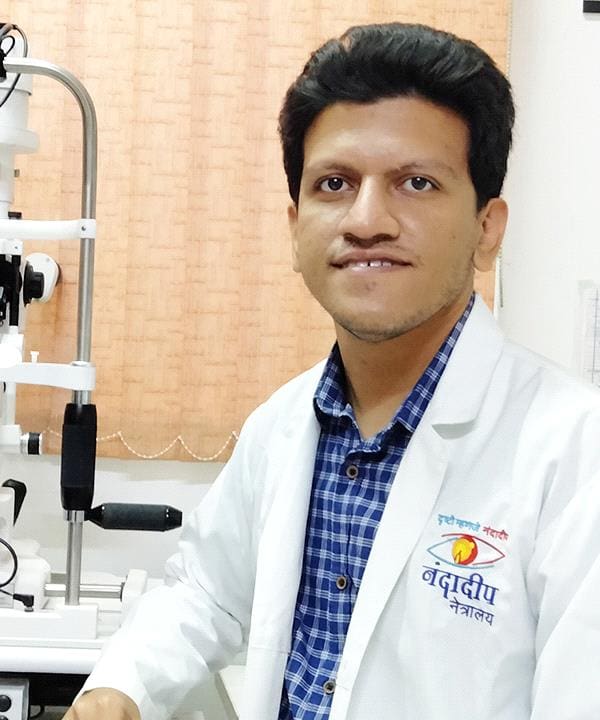
Dr. Nikunj Bhatt
Frequently Asked Questions
cover it?
Common symptoms of cataracts include:
- Blurry or cloudy vision
- Increased sensitivity to glare, especially at night
- Difficulty seeing clearly in dim or low-light conditions
- Fading or yellowing of colors
- Double vision in one eye
- Frequent changes in eyeglass prescription
Our Patients Trust Us !
Patients really appreciate our best eye specialist surgeons and the hassle-free way that they get professional eye treatment and care at Nandadeep Eye Hospital in Mulund West Mumbai .
The medical staff as well as reception were very kind and helpful. Had most smooth experience. Doctors are very good. Will definitely visit again for any eye problems.
Medical and none medical staff is very kind and about Doctor...no words to say about him...Gentle and royal behaviour .Thanks Nandadeep
Hospital is good. Staff is supportive and kind. Will definitely go further for eye checkup.
Very nice treatment provided as compared to other Doctors at Ratnagiri. Reception counter and other staffs are very polite and helpful.
Our Patients Trust Us !
Patients really appreciate the way they get professional eye treatment and care at Nandadeep without any hassle.


